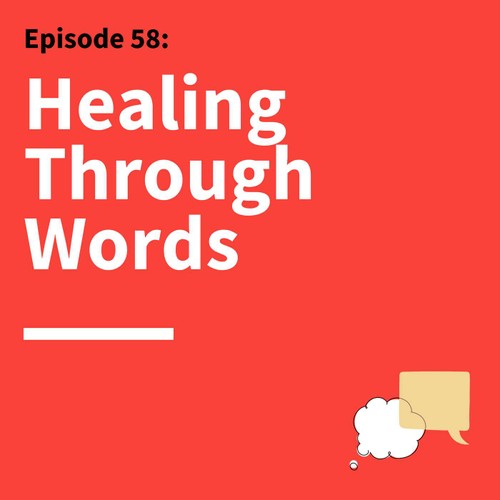
 Think Fast Talk Smart: Communication Techniques
Think Fast Talk Smart: Communication Techniques 58. Forgiveness: How the Right Communication Repairs Relationships
33 snips
May 10, 2022 Fred Luskin, Director of the Stanford University Forgiveness Project, discusses the transformative power of forgiveness in relationships. He emphasizes that authentic apologies are crucial for healing connections, as they help facilitate forgiveness. Luskin outlines a nine-step process for this journey, including personal accountability and mindfulness. The conversation also touches on the importance of self-talk and kind communication, enhancing relational dynamics through empathy and shared values. Tune in for insightful strategies to mend relationships and boost overall well-being.
AI Snips
Chapters
Books
Transcript
Episode notes
Forgiveness and the Future
- Unresolved past grievances hinder future relationships and productive communication.
- Forgiveness is crucial for moving forward and focusing on the present.
Sincere Apologies
- Apologize sincerely by acknowledging your wrongdoing and its impact on others.
- Take responsibility for your actions and express remorse, offering amends if possible.
Mindful Communication
- Practice mindfulness to be aware of your behavior and its influence on others.
- Acknowledge and appreciate positive actions and express gratitude regularly.









